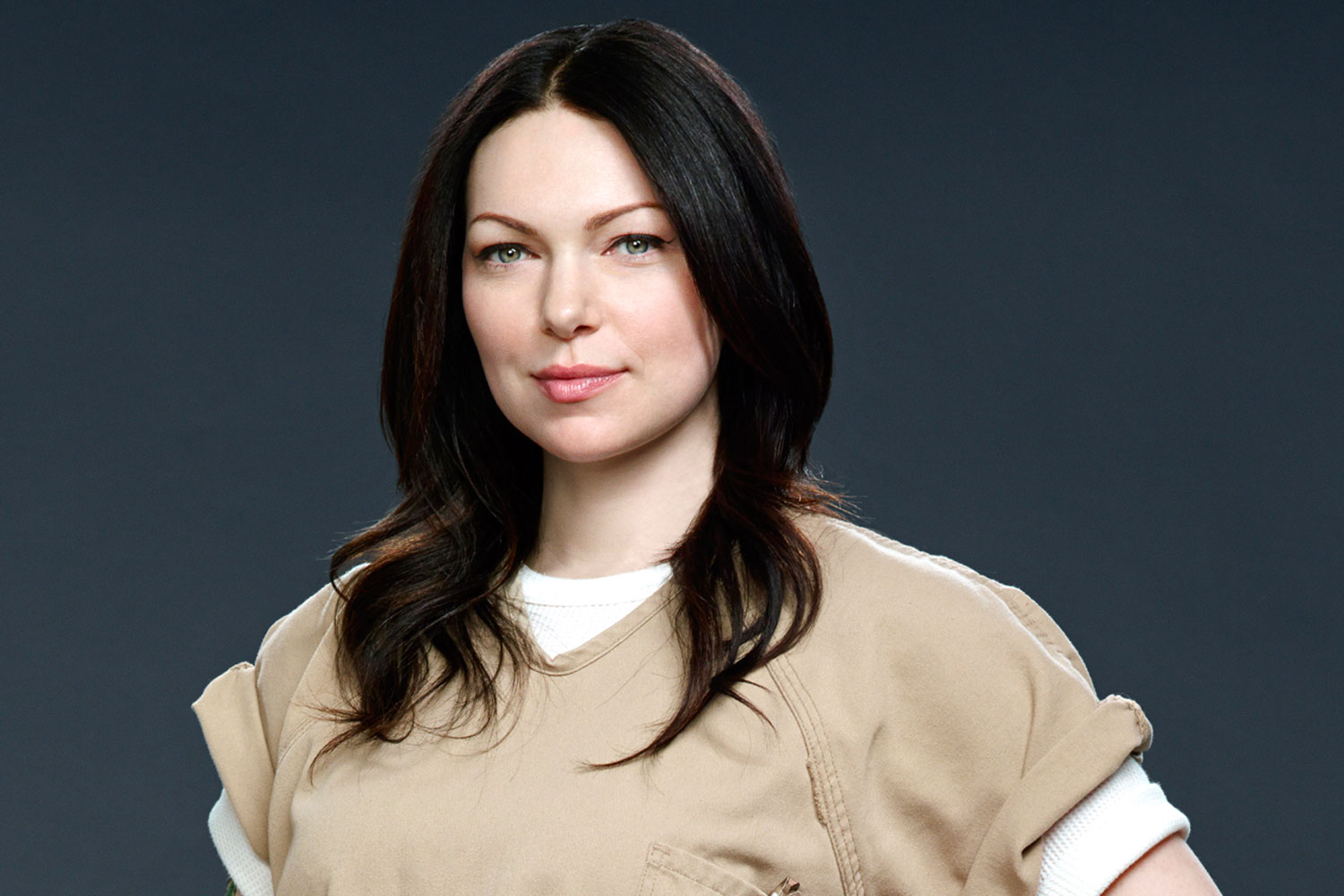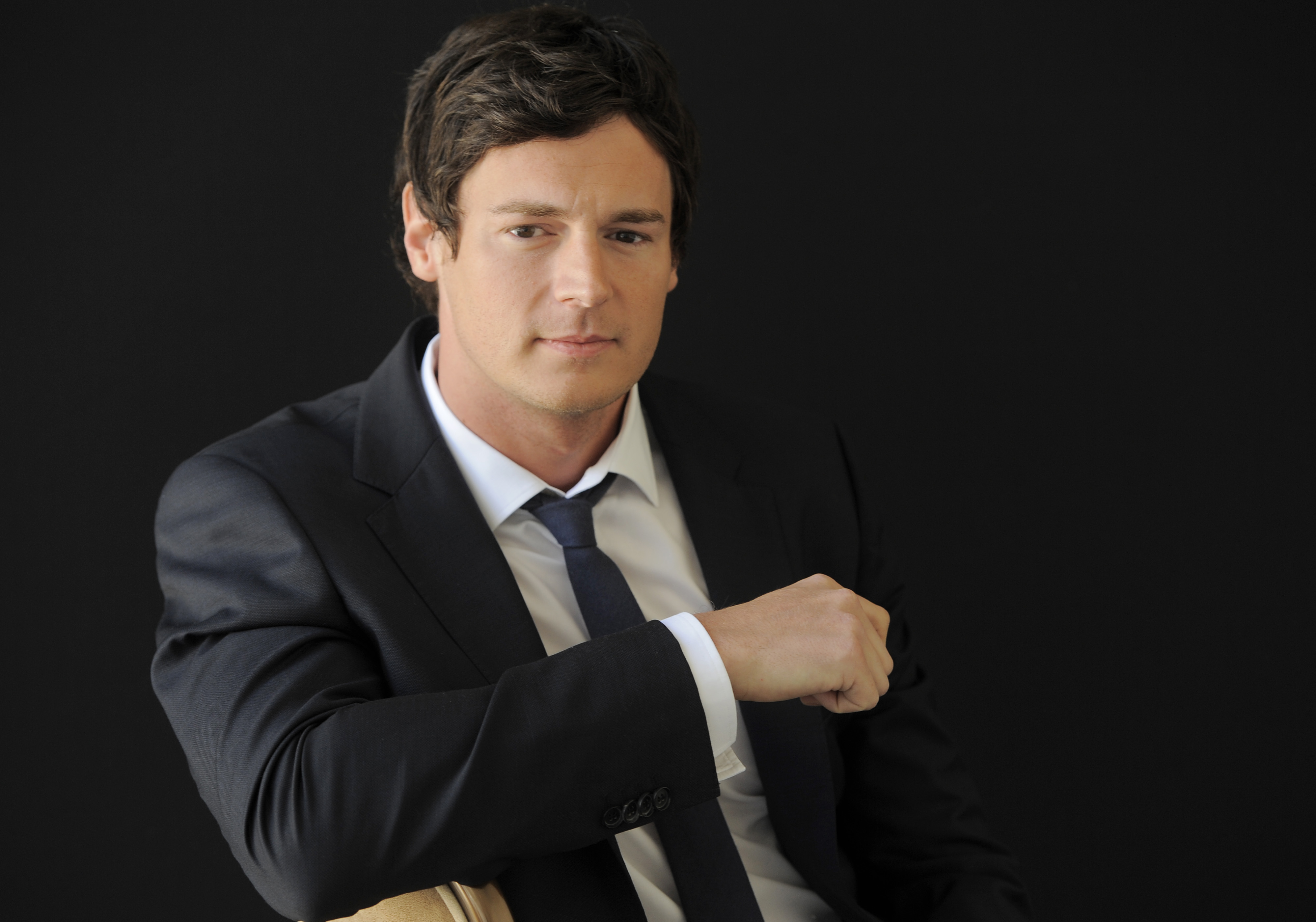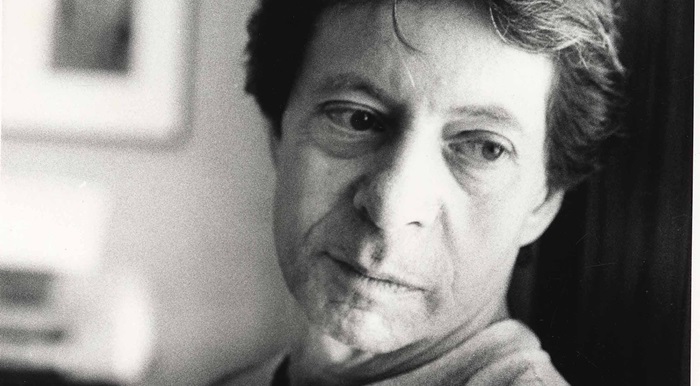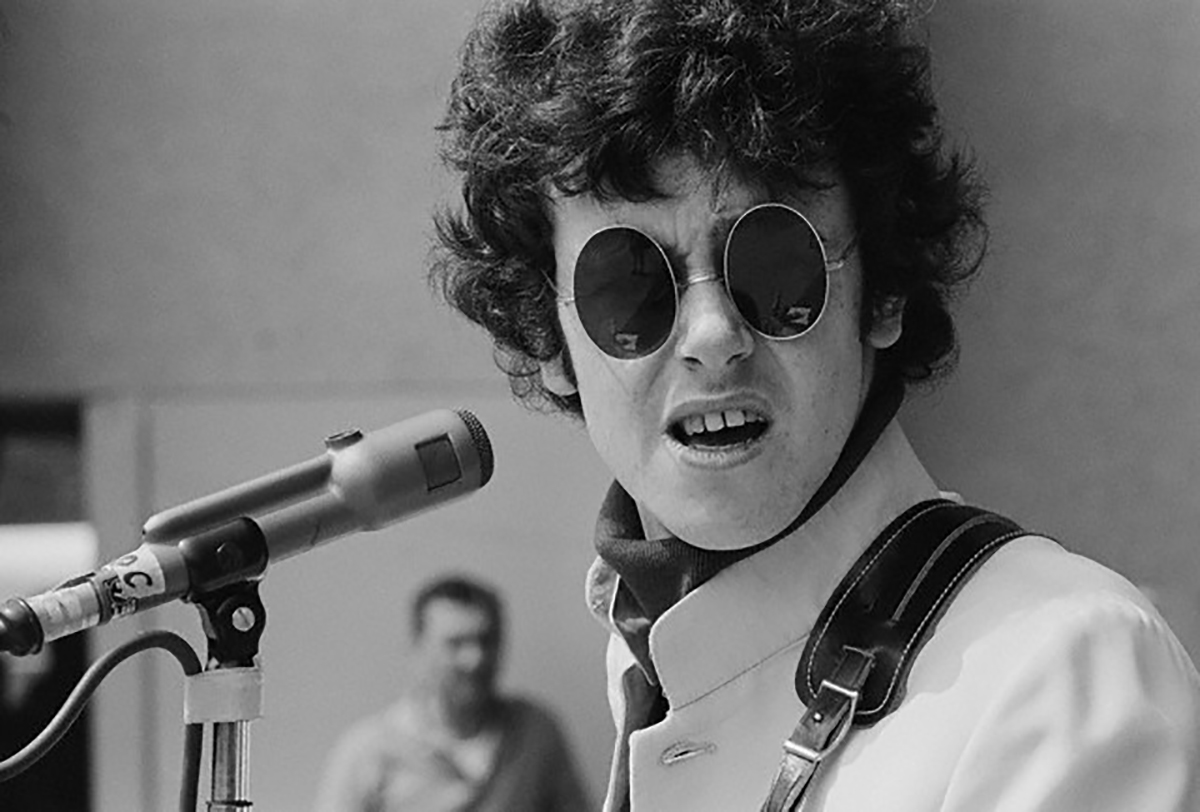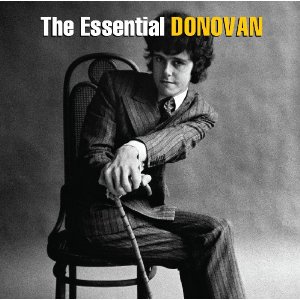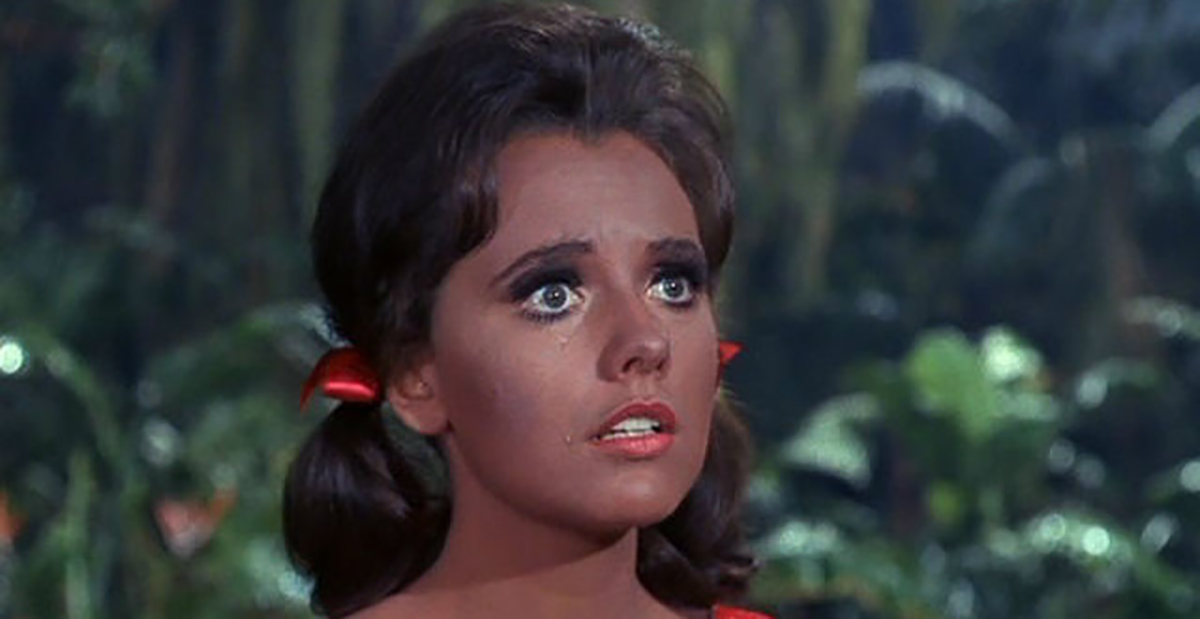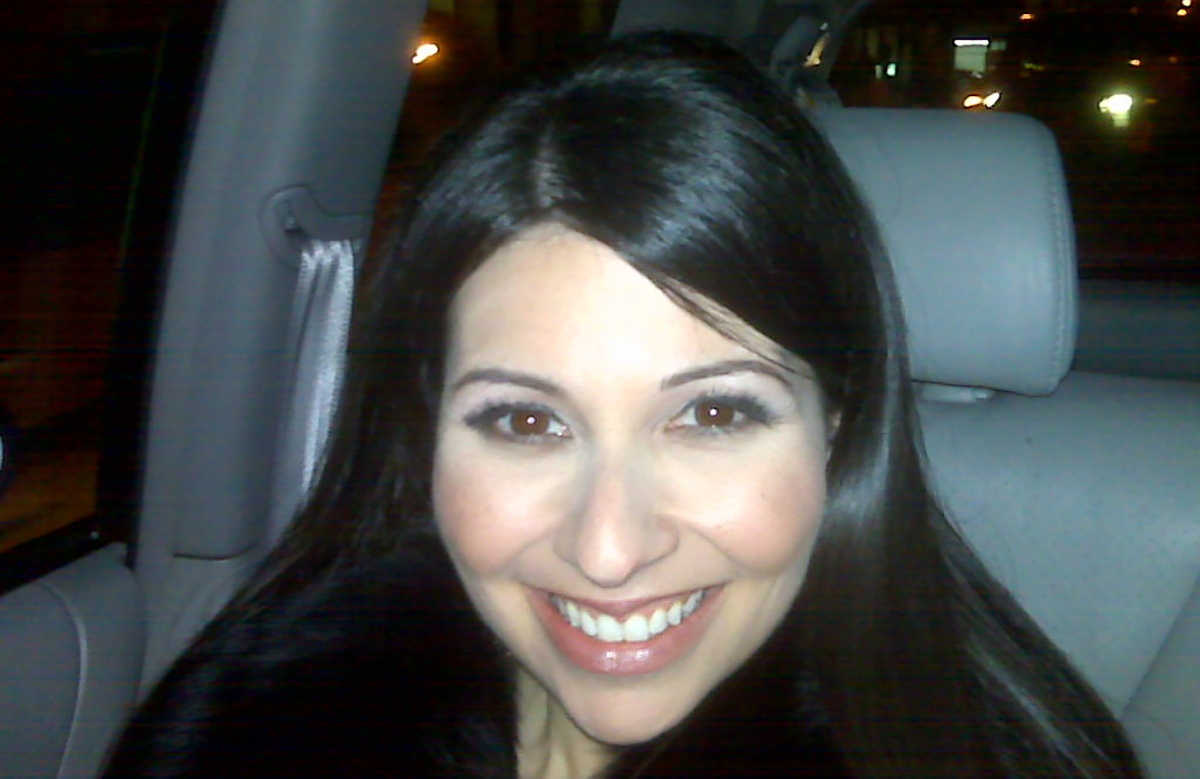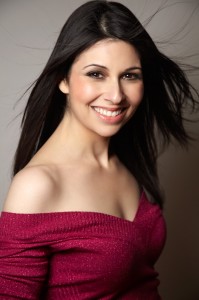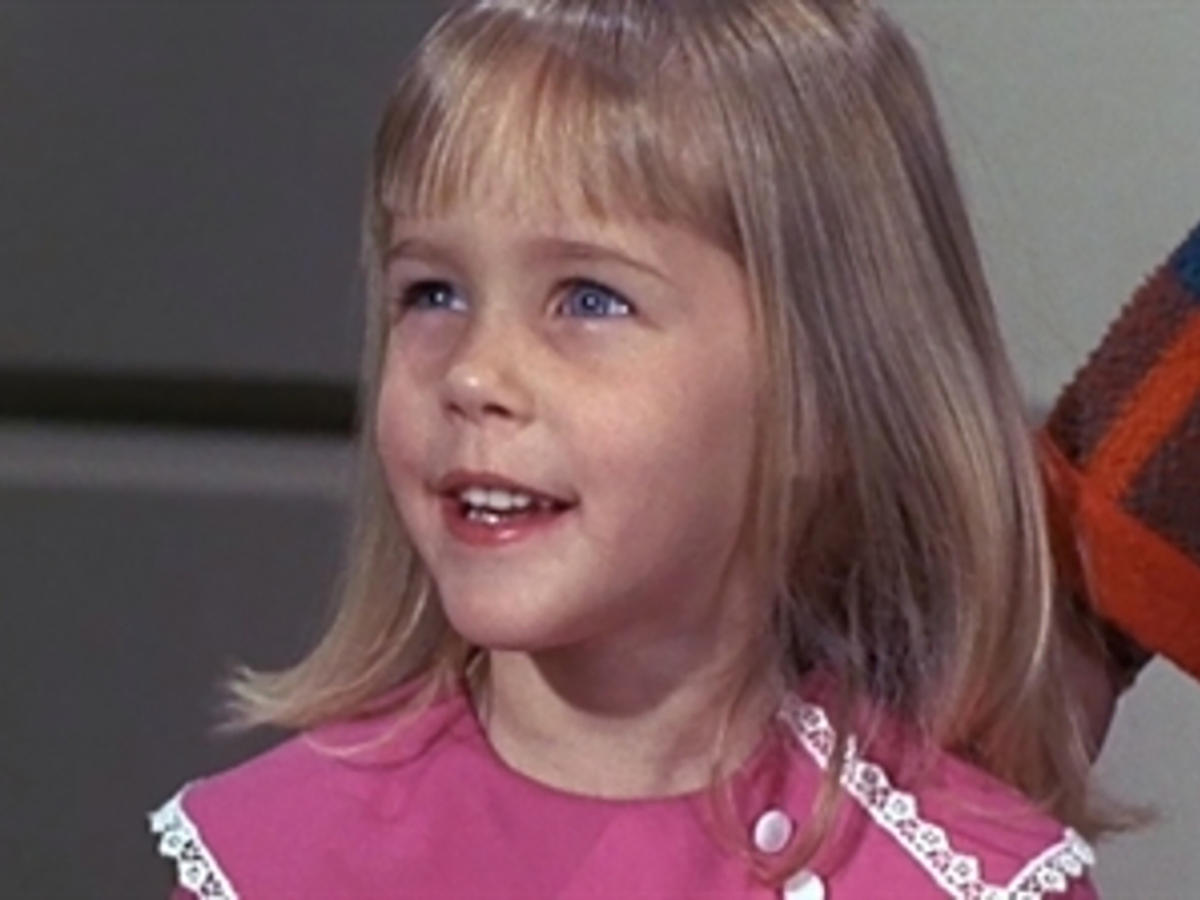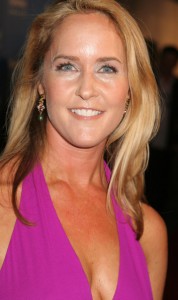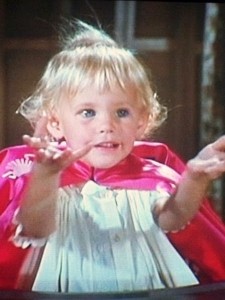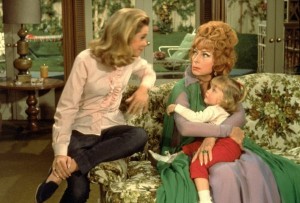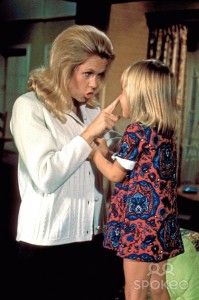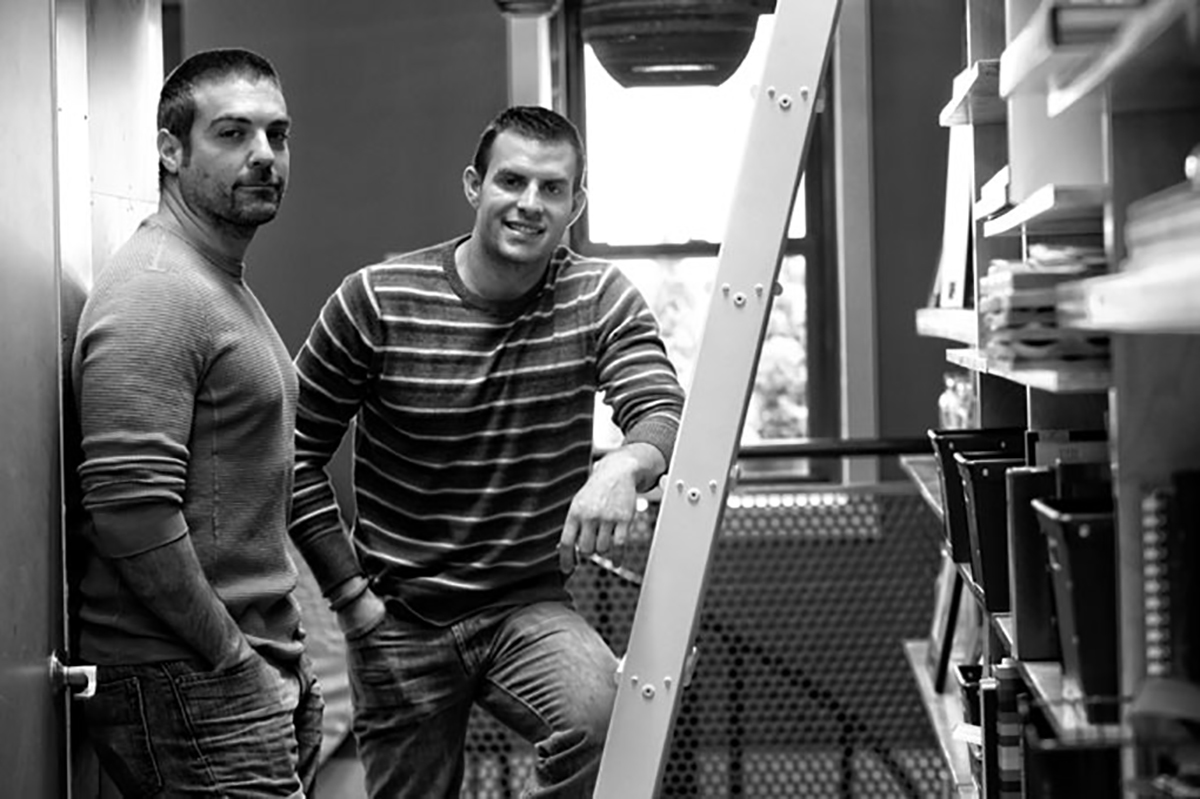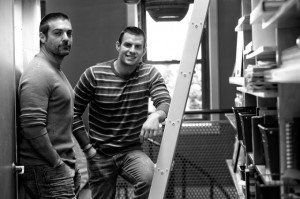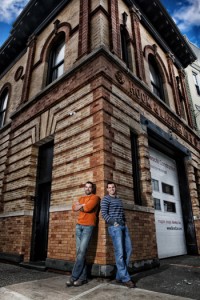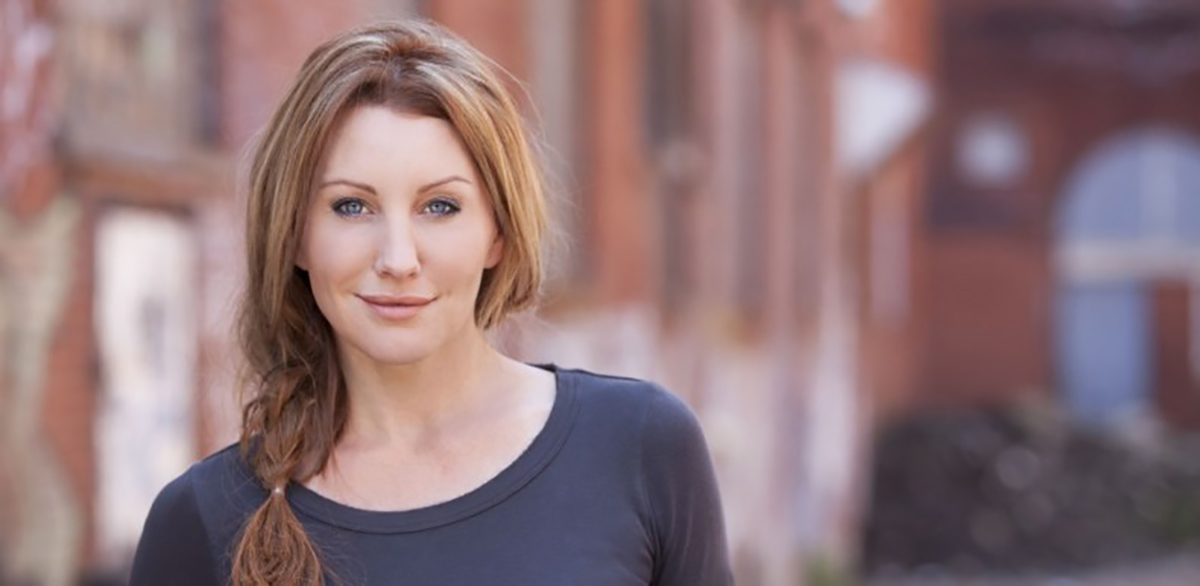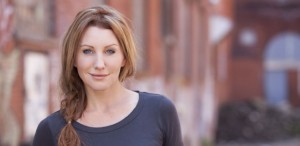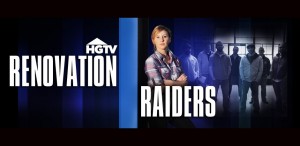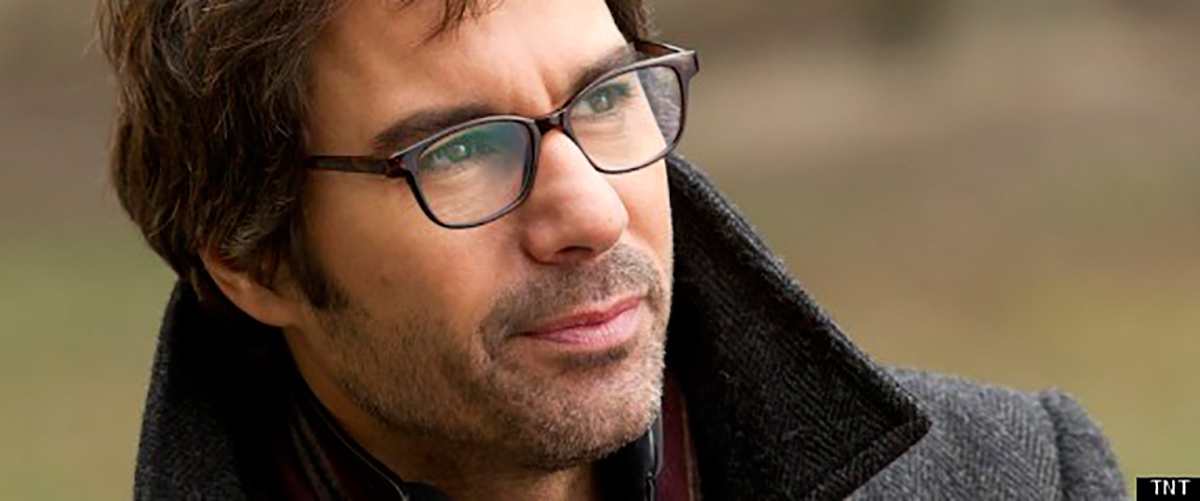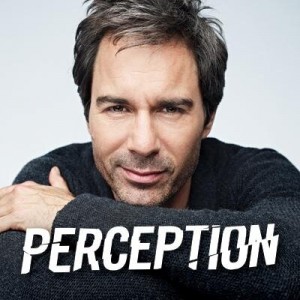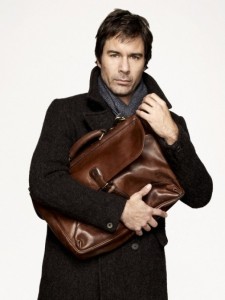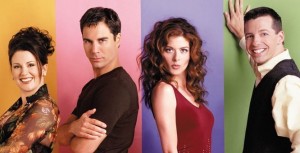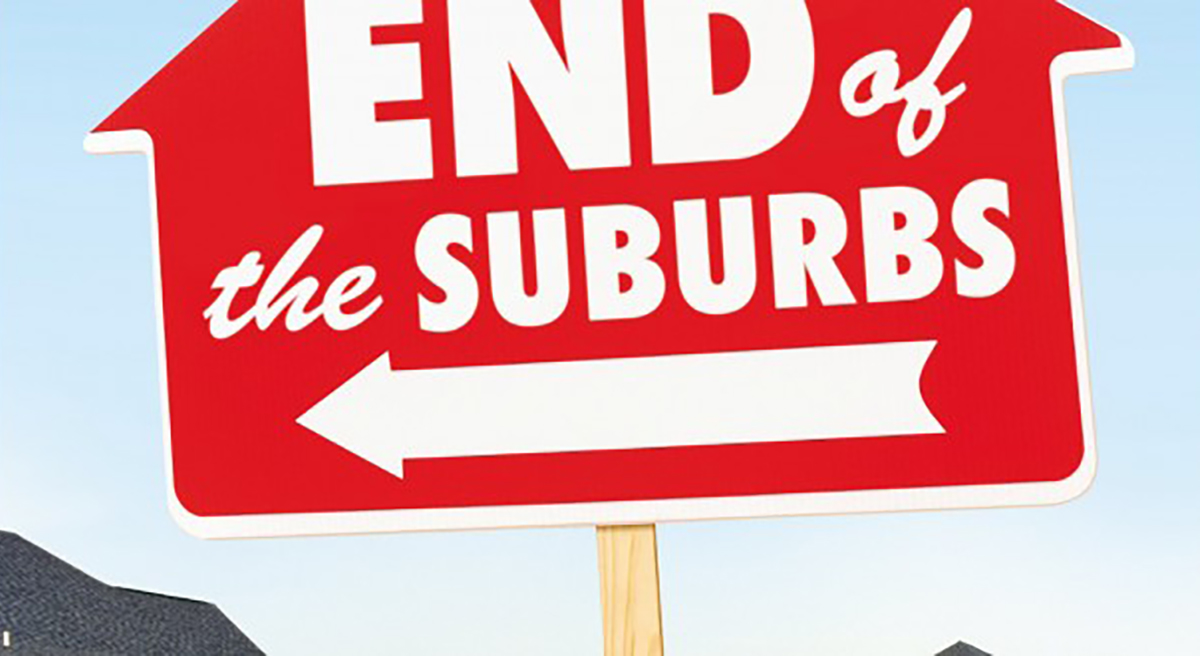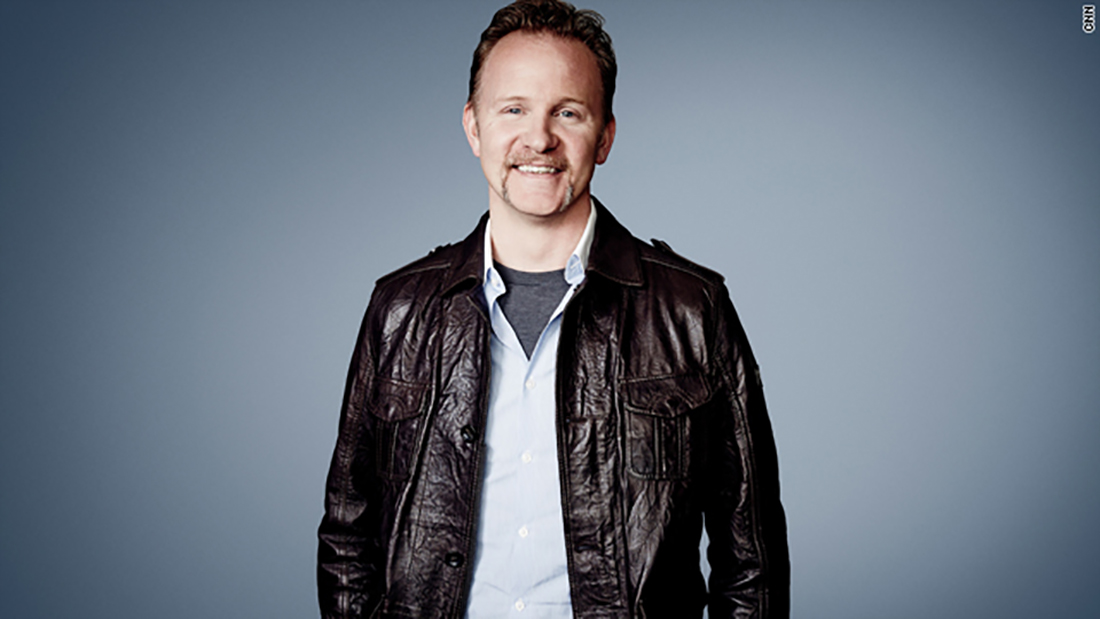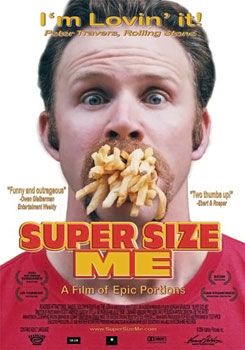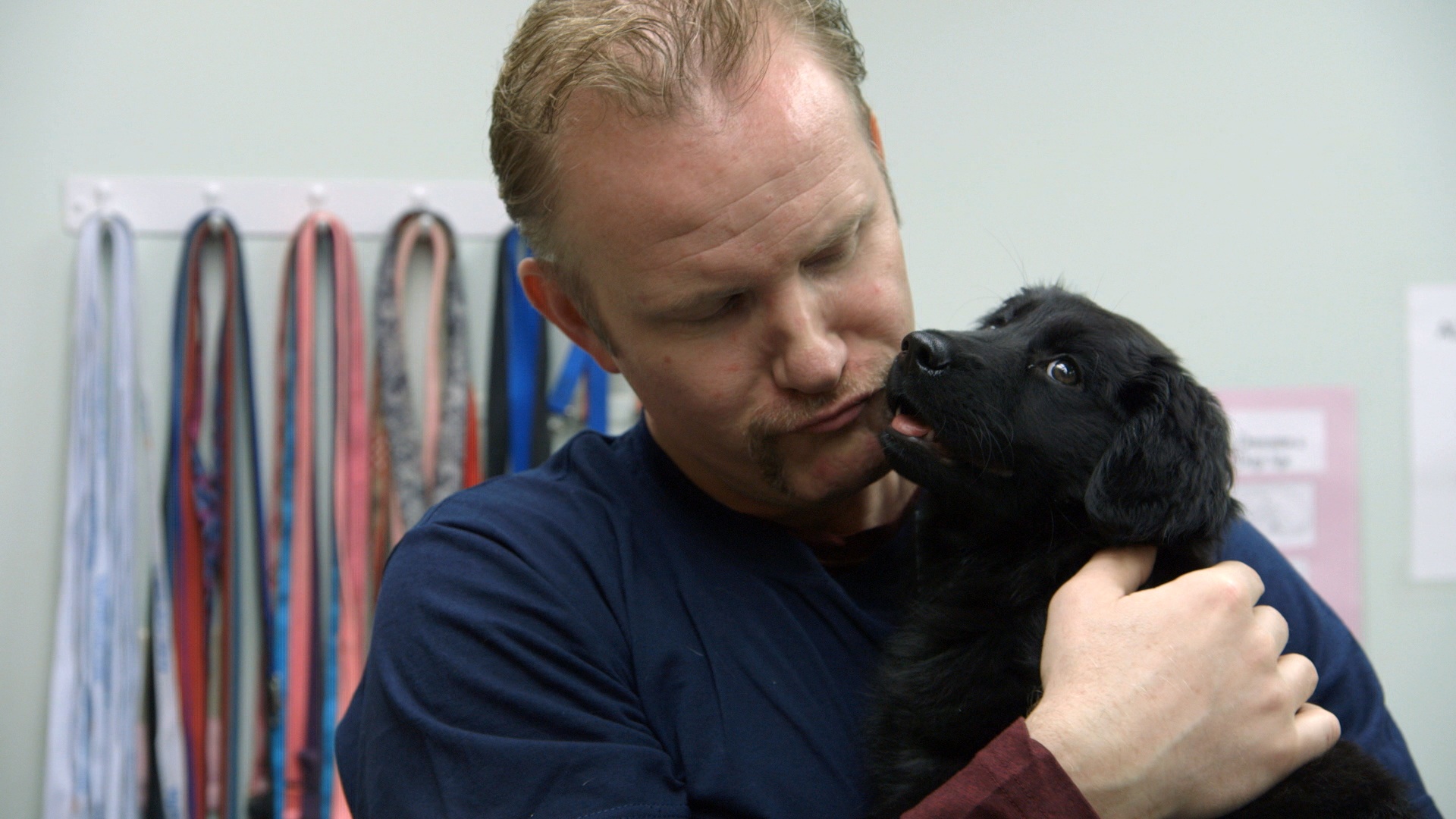America’s sweetheart finds eternal happiness in the generations of fans who adore her.
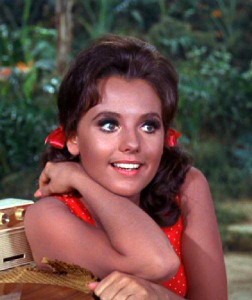
Here’s Exhibit A of making lemonade out of lemons. Dawn Wells is most widely known for a role she played almost 50 years ago. As Mary Ann on Gilligan’s Island, she won audiences’ hearts and minds, but the critics were less than kind to the series. They thought it was as low as television could possibly sink. Little did they know.
The series ran on CBS for three years, and then forever in reruns, cable, DVD, Me TV and Hulu. Three generations later, Dawn is still one of the most recognizable faces in the world (and what a face!).
In the decades since the series’ cancellation in 1967, she gathered no moss. She returned to her first love, theater, and kept herself busy and happy on stage, along with philanthropic pursuits that have helped scores of people in a number of loving and kind ways.
Bitter about typecasting? Not on your life. She’s young-minded but old school, grateful for the millions of people who adore her. For her, Gilligan is not off limits.
Born and raised in Reno, Nevada, Dawn was a Miss America contestant and a chemistry major in college, heading for med school. More surprises awaited us in our awesome interview:
Let’s start with the most pressing question in humankind: Ginger or Mary Ann?
Someone said to me, how do you feel about all those Ginger vs. Mary Ann polls? I said, “I always win them!” I embrace it!
Has your feeling about Gilligan’s Island changed in the decades since its original network run?
It’s shown all over the world, and you can understand that. When you actually stop and think about it, yeah, it really is stupid, but yet they really did have something.
I thought it was corny when I was doing it, but I recently saw it and went, “This is funny!”
What was your pre-Gilligan acting career like?
I had been put under option contract for Warner Brothers when I first came to Los Angeles. I did all of their TV shows, one after the other. They didn’t pick up the contract, but I had that experience.
Were you offered the part of Mary Ann, or did you have to audition?
I was just a working actress, but I was auditioning for the [character]. There were 300 other women. And I just auditioned like anybody else.
[Series producer] Sherwood Schwartz and I had a meeting and we laughed and talked about a lot of stuff. At first, they thought I was too smart to play Mary Ann. So they tested me.
Mary Ann was just a girl from Kansas. There was no other description. She wasn’t a schoolteacher. She wasn’t a secretary. We didn’t know what she was.
The actress who was going to come into that role had to bring what she was, to give dimension to that character.
I really think that Sherwood had a different image in mind, like the Donna Douglas [The Beverly Hillbillies’ Elly Mae]/Petticoat Junction ingénue, rather than the strength Mary Ann had. I think we were all perfectly cast, but I think I changed his mind a little.
Was your first reaction to the script, “What is this?”
I don’t think I really analyzed it. If you talk about Star Trek, who would believe that? I know what the press said: they said it was the stupidest show ever and it wouldn’t last more than 20 minutes.
I think the cast and the crew were fabulous, but I don’t think I would have watched it.
Where were you born and raised?
Nevada, fourth generation. My grandfather drove a stagecoach. There was less going on there. I didn’t want to live at home and go to college like I was going to high school. I wanted to learn more, see more.
Growing up, who were your acting influences?
I hate to tell you, not many people. I was a chemistry major moving on to become a pediatrician.
I look back, of course, to Katherine Hepburn and Bette Davis. Now we’re looking at Meryl Streep and Cate Blanchett.
I was into the real acting as opposed to the pretty face. That was a big deal when I was growing up. We had the movie stars.
You grew up in Nevada. What was your childhood like?
I wanted to be a ballerina when I was a kid because I loved dance, and because of my bad knees, I could never play a sport. Sometimes I couldn’t sit down without my knees dislocating.
I was a debater in high school. It wasn’t my passion to become an actress.
I went to a woman’s college and I was an only child. I wanted to get away from home. I was a chemistry major. I loved all the science.
I couldn’t take anything but rowing and archery for physical education because of my knees. So I took a theater course. And I loved it. So I co-majored in science and theater.
Then you entered the Miss America pageant!
Yes, I was asked to enter the Miss America pageant as Miss Nevada. And I thought, well, that’s stupid. I’m 5’4”.
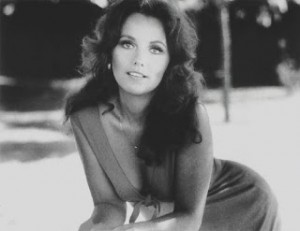
But I thought, if you’re majoring in theater, let’s see if you can do a scene in front of all of those people.
I never thought that I could win, but it gave me the confidence that I could do it.
What was that experience like?
I didn’t feel it was a competition between the girls. It was a television show they were putting on. It was very well chaperoned. We couldn’t even say hello to the bellboy. We couldn’t talk to any man. We had a chaperone with us at all times.
You’re on your very best behavior. It’s all different now. I knew I wasn’t going to win because I was short and everybody else had all this talent and I did Shakespeare. But it was a great experience. It wasn’t a beauty pageant. It was girls competing for scholarships.
After Miss America, it was goodbye academia and hello, Hollywood?
When I graduated [college], I told myself that I would give myself one year. And if I don’t go to work, I’ll go back to med school. And I went to work right away, from the moment I hit LA.
I auditioned for a play with Mercedes McCambridge and got the role. So I got my Equity card within six or eight weeks.
So theater was your first acting passion?
When [Gilligan’s Island] went off the air, I went right back to stage. I was well trained as a stage actress.
[On TV,] I was a type. I didn’t want to play this little farm girl the rest of my life. I grew as an actress.
That’s why I went back to stage. I felt I would have more of an opportunity to play more characters with depth.
Because of my typecasting, I don’t ever want to play that sweet little thing. I wanted to show that I could do a Katherine Hepburn role. I wanted the challenge, the creativity. And not be so typecast. And I thought, the way to do that is to go back to the stage.
You sure made that happen! You recently appeared in The Vagina Monologues!
I loved the camaraderie of the actors on stage and it was different every night. I’m also very good at Neil Simon. I’ve done a musical and I don’t carry a tune. I did a national tour of They’re Playing Our Song.
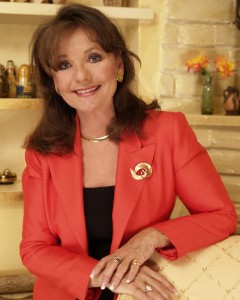
I’m just trying to grow. I think lots of actors have experiences that they bring to what they are doing.
What is it about the simple character of Mary Ann that connects so deeply with people?
Mary Ann connects with people in a way that’s pretty basic. And I think they give that back to me when they meet me. It’s an exchange of love between people.
I received a letter from a young boy who told me he was so abused and beaten up by his family, and Gilligan’s Island gave him sanity and kept him going.
When you are a party to that, it kind of gives me tears. I didn’t like the role, but I had a part in maybe nurturing in a positive way. It’s not an ego boost; it’s a heartfelt thought.
You’ve always been gracious about the character and had no problem being connected to her. People sense that positive energy in you.
I’m an optimist. What you see is what you get. That’s who I am. My family used to say, ‘you get more with honey than you do with vinegar.’
I look at the world in a positive way. I don’t believe in depression. I think it’s very self-absorbing.
I was raised well. I had a wonderful mother and father. I’m curious about life. There are so many things that I want to see and do. I’m a very positive person. I’m very happy to be alive. Not that everything is wonderful in my life, but life is not wonderful all the time anyway.
You’ve also dedicated much of your life to philanthropic pursuits.
That comes from my mom. My mom was a giver too. With The Children’s Miracle Network, I co-hosted it and co-produced it for 20 years. I feel that we’re not just here for ourselves. In many ways you can give back. It’s not all just about you.
Are you well connected to the digital age?
My [business] partner gave me an Ipad and said, ‘you’ve got to get with this, Dawn!’ Now I’m really learning it. I’ve been on Facebook the last six or eight months. I get feedback from the people who follow me. You don’t get that anywhere else. I don’t type very well, but I’m getting into it. I’m trying.
What were some of your favorite Gilligan’s Island moments?
We always liked the dream sequences. Being a cockney girl was kind of fun. The plots were incredibly stupid, but that makes me laugh.
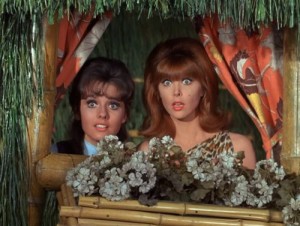
The entire time the show was on, I thought, ‘this is kind of corny,’ but you don’t have time to think about it and you don’t have time to watch the other shows because you’re working.
But now the show is on Me-TV, and I thought, ‘this is funny!’ How we’re all so larger than life, it is funny.
You claim you don’t sing, but I remember you singing in one or two episodes of the series. No?
Everybody loves the Honeybees episode, but that wasn’t me singing, you know. They dubbed my voice. In one of the first episodes we did, we were singing ‘For He’s A Jolly Good Fellow.’ After Sherwood heard me sing, he said, ‘just mouth the words.’
Can the show have any relevance today?
Gilligan’s Island was seven people from different walks of life trying to get along. Now, it’s a whole world trying to do that. And with all the technical stuff that is going on, you can’t monitor anything. Everything is game.
I’m not a mom, but Mary Ann really was the moral compass of the island. Even as silly as the show is, there is kindness and caring there. It’s a tough world right now, but there is still a lot of good out there.
You do acknowledge the irony of Mary Ann coming from Reno, Nevada, don’t you?
Mary Ann came from the divorce capital of the world, legal prostitution and gambling. What a great background for Mary Ann.
###
Find out more about Dawn Wells here.
“Chopped” photo courtesy of Food Network.
